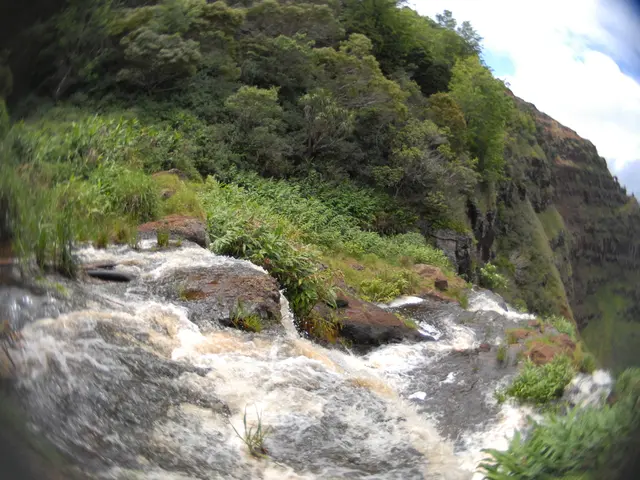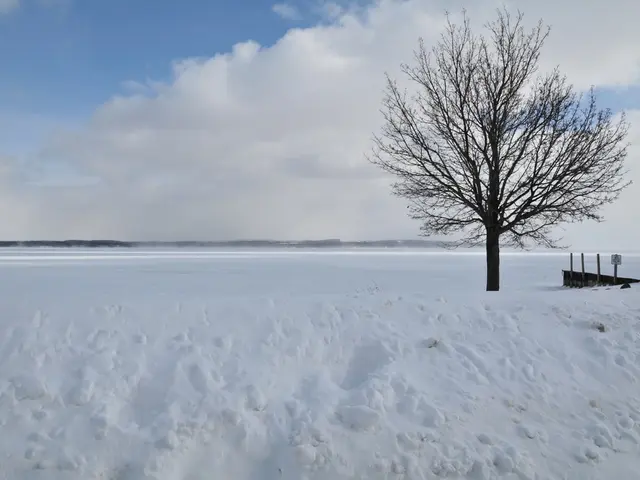More than half the nation experienced temperatures above 20 degrees Celsius on August 12th at dawn.
In the sweltering summer of 2021, Portuguese journalist Carla Tomás found herself at the forefront of reporting on an unprecedented series of events that would leave an indelible mark on her country. As the mercury soared and the nights remained stubbornly warm, Tomás delved into the heart of the issue, uncovering the links between climate change and the extraordinary heatwaves and tropical nights that swept across Portugal's interior.
The summer of 2021 saw four heatwaves in Portugal, with temperatures reaching scorching highs, especially in the southern inland areas. But it was the tropical nights – those balmy evenings where the thermometer refused to drop below 20°C – that truly set this season apart. These phenomena, Tomás discovered, were not mere coincidences, but rather the result of climate change.
Climate change, Tomás reported, had increased temperatures, the frequency, duration, and intensity of heatwaves, and led to prolonged warm nighttime temperatures, resulting in tropical nights. These heatwaves were associated with persistent high-pressure systems, or "heat domes," which trapped warm air and suppressed cloud formation and rainfall, contributing to extreme daytime heat and warm nights.
The impacts of these extreme conditions were far-reaching. In Portugal, they included an increase in very hot days, a rise in the number of tropical nights, enhanced pressure for desertification and biodiversity loss, increased risk and severity of large rural fires, degraded quality of both surface and underground waters, and social effects such as heat alerts affecting public health and heightened wildfire risks leading to emergencies.
Tomás's reports shed light on the severe environmental stress, increased fire hazard, and negative impacts on water resources and public health that the extreme heatwaves and tropical nights had wrought on Portugal's interior during the summer of 2021. Her work served as a stark reminder of the urgent need for action to combat climate change and adapt to its effects.
On August 12, nearly half of mainland Portugal experienced minimum temperatures above 20°C, underscoring the reality of the situation that Tomás had been documenting. As the summer drew to a close, the journalist continued to cover the aftermath of the extreme weather events, delving deeper into the long-term implications for her country and the world.
Tomás's reporting on the summer of 2021 serves as a testament to the power of journalism in raising awareness and driving action on critical environmental issues. Her work underscores the importance of a well-informed public in responding to the challenges posed by climate change and working towards a more sustainable future.
Tomás's research in the environmental-science field revealed a direct connection between the unprecedented heatwaves and tropical nights in Portugal's summer of 2021 and climate change, emphasizing the role of social science in understanding this global crisis. The data collected during this period highlighted various environmental concerns, including increased risk of wildfires, desertification, biodiversity loss, and deterioration of water resources.








